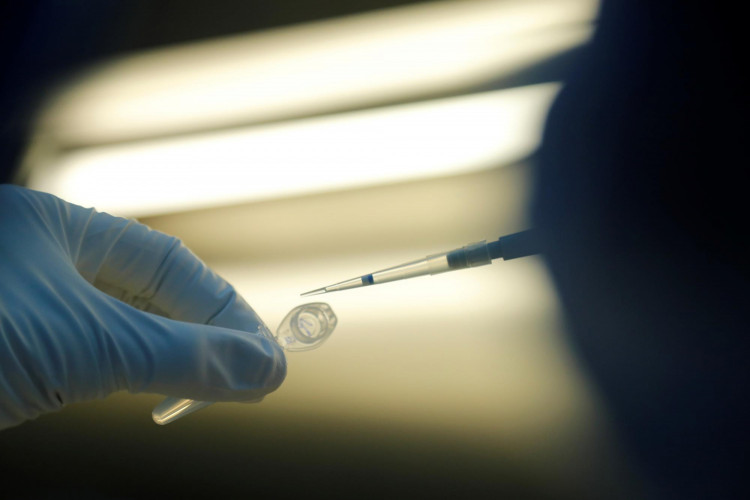New results from studies conducted by genetic-testing giant 23andMe Inc. have discovered variations in a gene that affects a person's blood type that affects the susceptibility to COVID-19.
Researchers have been scrutinizing genetic factors to try to understand why there are no signs in some people who catch the new disease, while others get severely ill. 23andMe launched a study in April, with the goal of using the millions of profiles in its DNA database, to shed light on the role genetics have in the virus.
The study of over 1,610 COVID-19 patients in Italy and Spain last week found that people with Type A blood were more likely to develop severe respiratory failure compared to those with Type O blood.
The results add support to a concept that has grown since the early days in the global pandemic, that Type O blood is somehow protective against the disease, while Type A may make people more susceptible.
Based on the new research, scientists sequenced the genomes of COVID-19 patients in Spain and Italy who were hospitalized with serious respiratory failure compared differences in their DNA sequences with those of 2,205 healthy individuals.
The researchers found two DNA regions in which sequence differences were substantially related to the extent of people's illnesses. One of those regions contains the gene coding for the type of blood ABO in a human. The findings were published on the medRxiv preprint server, and is still subject for peer-review.
The results still proved very important when scientists adjusted for key factors like sex, age, ethnicity, body mass index, and other related health conditions.
However, this is not the first time scientists have discovered a correlation between the type of blood. Preliminary findings from a study of 2,173 patients with coronavirus in China showed that people people with Type O blood had a lower risk of contracting COVID-19, while people with Type A and Type AB faced a higher risk.
Columbia University researchers also released initial results in April that came to similar conclusions: people with Type O blood were less likely to test positive for COVID-19 and those with Type A blood were 33 percent more likely to test positive for COVID-19.
Many other groups are combing the genome, including 23andMe competitor Ancestry Inc., to help make sense of the disease. Factors like age and underlying health conditions are known to determine how people fare once they have contracted COVID-19.
But those factors alone do not explain the broad variety of symptoms, or why certain people are developing the disease, while others are not.






